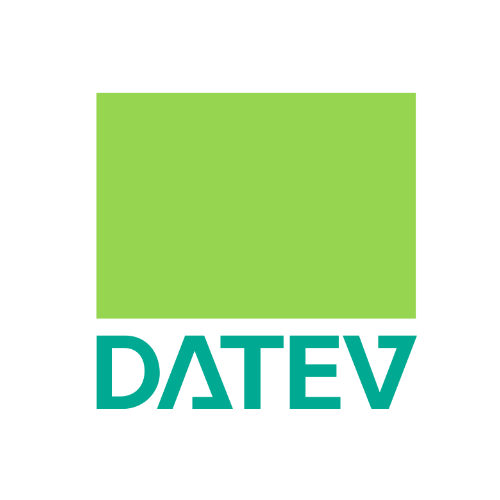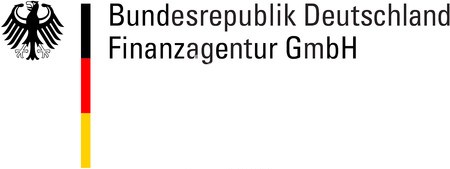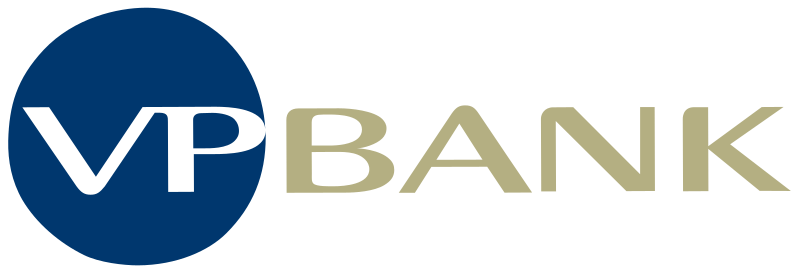Experience a balanced mix of theory, live demonstrations and practical exercises.
During the course of the program, you will be immersed in the essential concepts of container management and cluster configuration through interactive live coding sessions.
Building on this theoretical foundation, you will have the opportunity to apply your knowledge in independent exercises.
This hands-on methodology ensures that you actively develop and apply Kubernetes skills.
In this Kubernetes Training, you will learn …
how to automate the deployment, scaling, and management of containerized applications using Kubernetes. This training is designed for DevOps engineers, cloud architects, and developers who want to master container orchestration and streamline cloud-native operations. Whether you’re working in a microservices environment or managing complex infrastructure, this course gives you the tools to confidently operate Kubernetes in production.
Practical Applications That We Will Cover in the Training:
- 1
Review of the basics of containers and microservices
- 2
Understanding of cloud-native and the role of Kubernetes and its architecture
- 3
Design, development and operation of cloud-native applications on Kubernetes
Hear from our satisfied training attendees
A1 Telekom Austria AG
„UTA coached my team along the development process of the migration plan of our on-premises data lake to the public cloud.
The outstanding level of expertise, both on a technical and organizational level, ensured a well-structured and realistic migration plan including timeline, milestones, and efforts.
The enablement of my team was at the center of a very smooth collaboration. Through UTA, we achieved our goal faster and reduced risks of the migration project significantly.
I highly recommend UTA’s services!“
Reinhard Burgmann
Head of Data Ecosystem
Vattenfall
„I recently attended Vattenfall IT’s online Kafka training day hosted by Ultra Tendency, and it was an enriching experience.
The trainer, Ahmed, did a fantastic job explaining the theory behind Kafka, and the emphasis on practical application was great. The hands-on programming exercises were particularly helpful, and I’ve never experienced training with so many interactive examples!
Overall, I highly recommend this training to anyone who wants to improve their Kafka knowledge interactively and gain valuable skills.”
Bernard Benning
BA Heat
VP Bank
„The MLOps training exceeded our expectations!
It offered a perfect blend of an overview, hands-on coding examples, and real-world use cases. The trainer answered all questions competently and adapted the content to fit our company’s infrastructure.
This training not only provided us with knowledge but also practical skills that we can apply immediately.“
Eisele Peer
Lead Architect & Head of IT Integration & Development
Hutchison Drei Austria GmbH
„The training Introduction to the Cloud with AWS and Azure impressed us! We particularly appreciated the excellent overview of the topics, the hands-on exercises, and the extensive practical activities that made the learned concepts directly applicable.
The content was well-structured, and the combination of theory and practical applications was ideal for our needs. The opportunity to clarify specific questions in the Q&A sessions was also extremely valuable. Overall, the training deepened our understanding of cloud computing and provided us with insights into the differences and strengths of AWS and Azure.
We now feel better prepared to make strategic decisions for our cloud strategy. Thank you for this excellent training!“
Eisele Peer
Lead Architect & Head of IT Integration & Development
Get to know your Training professionals

Marvin Taschenberger

Hudhaifa Ahmed
Senior Lead Big Data Developer & Berlin Territory Manager, Ultra Tendency

Matthias Baumann
Required hardware & infrastructure for your Kubernetes Training
- You will need a PC or Mac with a web browser and MS Teams.
- During the training, we will provide you with a virtual machine with the required local dependencies, services and root access.
- This VM has a running Kubernetes cluster on which you can test and execute the training instructions.
- You can access the machine via a browser or SSH if you wish and the network restrictions allow it.







